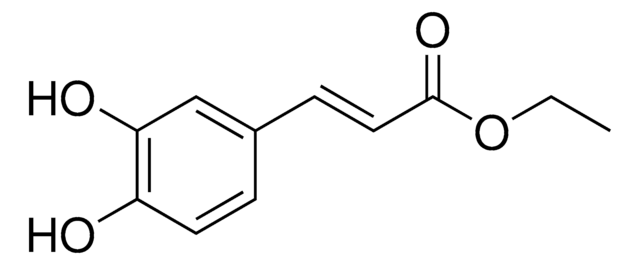About This Item
Recommended Products
grade
HPLC grade
vapor density
2 (vs air)
vapor pressure
184 mmHg ( 20 °C)
Assay
≥99.8%
form
liquid
autoignition temp.
465 °C (869 °F)
expl. lim.
13.2 %
technique(s)
HPLC: suitable
impurities
≤0.0005% non-volatile matter
≤0.002% free acid (as CH3COOH)
≤0.1% water (Karl Fischer)
transmittance
330 nm, ≥15%
335 nm, ≥50%
340 nm, ≥80%
350 nm, ≥98%
refractive index
n20/D 1.359 (lit.)
pH
(5 - 6 at 395 g/l at 20 °C (68 °F))
bp
56 °C/760 mmHg (lit.)
mp
−94 °C (lit.)
solubility
water: miscible
density
0.791 g/mL at 25 °C (lit.)
application(s)
general analytical
format
neat
SMILES string
CC(C)=O
InChI
1S/C3H6O/c1-3(2)4/h1-2H3
InChI key
CSCPPACGZOOCGX-UHFFFAOYSA-N
Looking for similar products? Visit Product Comparison Guide
General description
Application
Packaging
Other Notes
- The article number 34850-4X2.5L-M will be discontinued. Please order the single bottle 34850-2.5L-M which is physically identical with the same exact specifications.
- The article number 34850-6X1L-M will be discontinued. Please order the single bottle 34850-1L-M which is physically identical with the same exact specifications.
Signal Word
Danger
Hazard Statements
Precautionary Statements
Hazard Classifications
Eye Irrit. 2 - Flam. Liq. 2 - STOT SE 3
Target Organs
Central nervous system
Supplementary Hazards
Storage Class Code
3 - Flammable liquids
WGK
WGK 1
Flash Point(F)
1.4 °F - closed cup
Flash Point(C)
-17.00 °C - closed cup
Regulatory Listings
Regulatory Listings are mainly provided for chemical products. Only limited information can be provided here for non-chemical products. No entry means none of the components are listed. It is the user’s obligation to ensure the safe and legal use of the product.
FSL
Group 4: Flammable liquids
Type 1 petroleums
Hazardous rank II
Water soluble liquid
ISHL Indicated Name
Substances Subject to be Indicated Names
ISHL Notified Names
Substances Subject to be Notified Names
JAN Code
34850-2.5L-M:
34850-4X2.5L-M:
34850-6X1L-M:
34850-1L-M:
Choose from one of the most recent versions:
Already Own This Product?
Find documentation for the products that you have recently purchased in the Document Library.
Our team of scientists has experience in all areas of research including Life Science, Material Science, Chemical Synthesis, Chromatography, Analytical and many others.
Contact Technical Service





